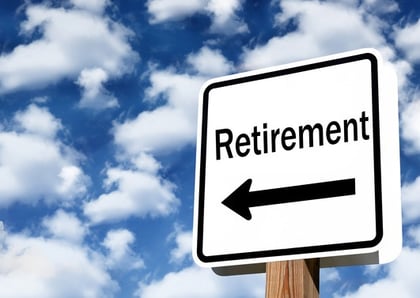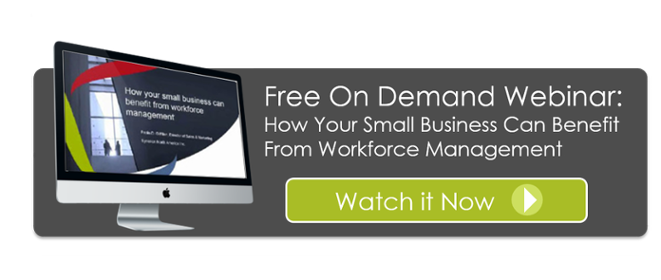 America's largest workforce is eyeing retirement, and many business owners are wondering how big of an impact they will see in their own offices. While the down economy has changed the retirement plans of many baby boomers, the next decade will see a significant decrease in the amount of these experienced employees and employers need to grapple with that now. Consider these ways that retiring baby booms may impact your workforce.
America's largest workforce is eyeing retirement, and many business owners are wondering how big of an impact they will see in their own offices. While the down economy has changed the retirement plans of many baby boomers, the next decade will see a significant decrease in the amount of these experienced employees and employers need to grapple with that now. Consider these ways that retiring baby booms may impact your workforce.
Untested Management
If you don't have a plan in place for your retiring baby boomers, start by looking at the top. Many employers won't realize until it's too late that their oldest employees are also the ones that are running the show. Since many of these employees have been in the workforce for decades, younger generations have little management experience and bounce from job to job to gain more experience. This will cause more untested managers in the mix as baby boomers start to retire. Companies need to start training their upcoming managers to deal with the pressures and responsibilities that come with their new positions.
Brain Drain
Baby boomers were born into a different workforce than today's youth. They had company loyalty and would regularly stay with the same employer for life. This loyalty meant that employers often trusted them with individual responsibilities rather than cross-training and sharing information. Today's workforce is a much different beast and while employers realize that entry-level positions need cross-training, that hasn't extended into upper reaches that the baby boomers occupy. Employers need to start thinking about how their baby boomer workforce can start teaching the knowledge they've gained to their younger counterparts. Mentorships are a great way to address and stem the risk of baby boomer brain drain as they leave the workforce while providing younger generation employees with more education and opportunity to advance.
Delayed Retirement
A down economy has delayed many baby boomers' retirement plans, but employers need to keep on the pulse of transitioning these employees into retirement and training new employees to replace them. Just because an employee can work into their seventies or eighties doesn't necessarily mean they should. Baby boomers have worked hard and deserve to retire with dignity. Employers can help not only with the transition between generations, but ensure that their baby boomer employees have the means to retire by providing "step-down" positions that involve training with continued employment. Baby boomers can transition to fewer hours over a long period of time while training their replacement. Thinking about how you will transition your baby boomers into retirement can help ease the pain of losing a loyal workforce.
Increased Healthcare
One inevitable impact on businesses as baby boomers transition into retirement is the ever-rising cost of healthcare. Even though baby boomers will be leaving companies, the cost of providing healthcare to the biggest generation and also one of the oldest will be high. Healthcare businesses can expect to see a rise in productivity, but that increase will be offset with healthcare costs. Employers need to start preparing by understanding healthcare laws and their own responsibilities.
The loss of the baby boomer generation doesn't need to be a tragedy for employers. In fact, it's a great chance to discover untapped talent and future executives. Employers need to be aware though of what risks they're facing as baby boomers leave and how to mitigate those risks through education, mentorship, and preparation. Sadly, the question isn't whether retiring baby boomers will impact your workplace, but how much.
